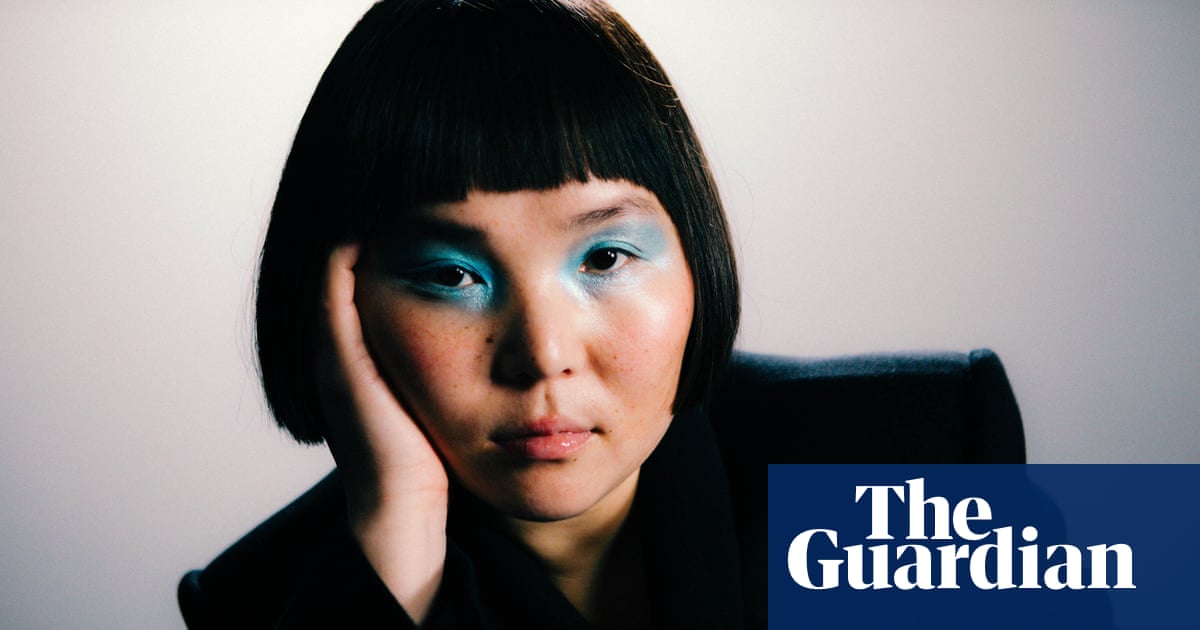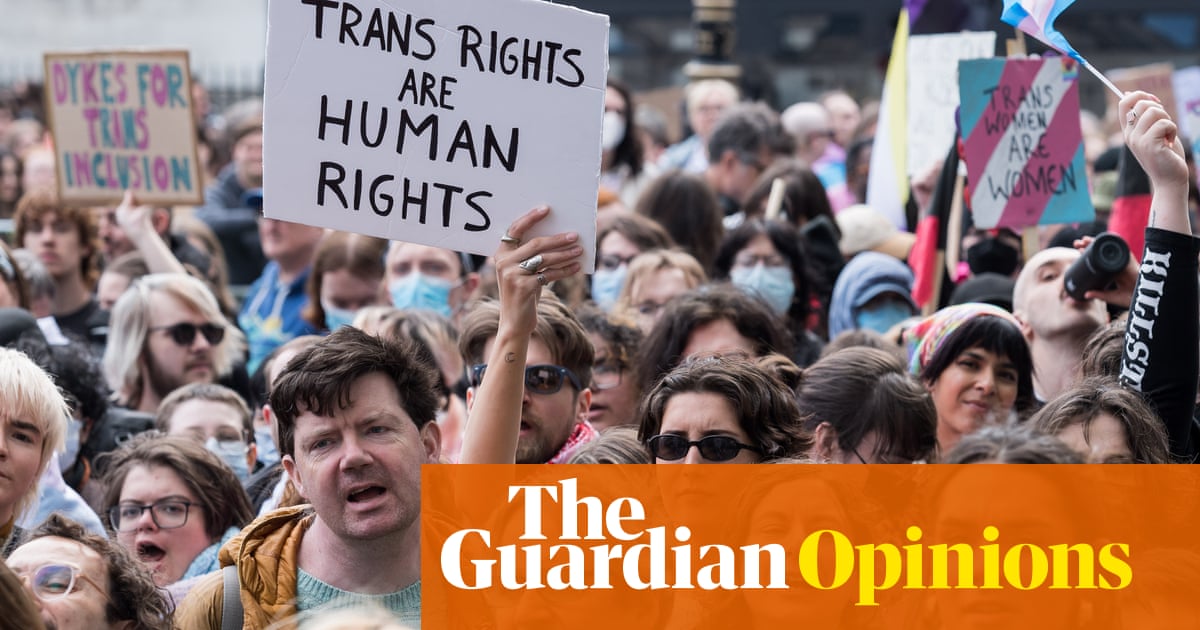JO ELVIN: The real reason I can't throw out my mountain of designer clothes? The incredible childhood memory of my family losing nearly everything

I have a problem I am ashamed to admit, even to myself. There’s something very wrong with the mountain of handbags, shoes and clothes I hoard. As the former editor of a glossy fashion magazine, maybe it’s no surprise I have a surfeit of beautiful things. But it has got seriously out of control. Every time I open the wardrobe and everything spills out – including perhaps a shoe that slams me in the face – I feel appalled. Strictly speaking, I don’t even need to open the wardrobe to pull together an outfit. I can pick from the piles on the sofa in my dressing room, or the chair in the spare room, or the junk room where I have a pile I’m selling or donating. I’m trying, once and for all, to clear some space, but here’s the thing: I’m just staggered by how difficult I find it. And I’ve realised it’s because letting go of possessions – of stuff – is something that triggers in me a dormant fear. At first I thought it was the legacy of years as editor of Glamour magazine. It made me feel exposed and a bit scared of fashion, so I confronted that self-doubt with clothes. More clothes, to me, equalled more ammunition against the worry that I wasn’t stylish enough to deserve the job. When I spoke to a friend about this recently, she said: ‘No one would argue that the editor of Glamour shouldn’t have had a lot of clothes.’ But I’ve realised there’s something else going on that I haven’t unpicked before. Shedding belongings feels genuinely terrifying for me, while abundance feels like safety. It’s an issue I know has its roots in my teenage years. When I was 13, back home in Australia, my parents hit a spectacularly bad financial patch. I don’t know the ins and outs of it, they never explained it fully to me. But they were threatened with bankruptcy, house repossession, the lot. They had their own business, a petrol station, at a time when we were quietly living the 1980s suburban dream – a new-build house, two new cars in the covered driveway, and swimming pool in the backyard. My parents did not live lavishly, but there was no lack. They worked around the clock because their sights were always on bigger things than the next restaurant outing, like the education of me and my three younger siblings. I was the oldest and the first child who would benefit from these working-class grafters levelling up. They enrolled me in a hugely expensive private school. My classmates at my state school all signed a leaving card for me, bought me a present (Now That’s What I Call Music Vol 1!) and wished me well for my new school as we broke up for the summer. Imagine their surprise when I was back with them for the new school year. There was no masking the truth – I just had to come straight out and admit my parents suddenly could not afford it. In fact they could suddenly afford very little at all. I offered to give back the album. I didn’t go into the gory details of what had happened over the summer holidays, of the day that had changed everything. My parents started screaming at each other, and then they both started crying. No one’s dad cried in the 1980s, so this terrified me, and still ranks as one of my all-time most stressful memories. As the hormonal teenager of the house, I started screaming too, demanding to know what was going on. They sat me down and explained – though not very clearly – that there were debts. Big debts. And the reckoning was now. I wouldn’t be going to the flash new school. ‘We can’t afford your school shoes let alone anything else!’ my mother cried in fear-fuelled rage. The next few years were tough. The fights between my parents were so regular and ferocious, I started wishing they would get divorced (they didn’t and they’re fine). My mother got ill from the anxiety, so my brothers and baby sister were farmed out to relatives for weeks at a time. I was doing the Aussie version of GCSEs, so I stayed at home. I barely saw my dad, who was by then juggling two jobs. What’s strange to me now is that I don’t remember feeling particularly sad or hard done by. I guess it was our normal. I think when you’re a child, you don’t have much to compare your life to, so it doesn’t even occur to you to evaluate it. It would be years later, aged 22, and sitting in a hostel in Greece with some friends, that I somehow ended up talking about it. That was the very first time it hit me that those years were, yeah… now that I think about it, a wee bit traumatic. That said, I don’t look back and think I had a ‘terrible’ childhood. My parents committed to hardcore austerity, yes, because their focus was on being able to hold on to their one asset, the house. I never went hungry, but there were a good few years when there was very little in the fridge or the cupboard beyond that day’s cereal for breakfast and cheap mince for dinner. I had a Vegemite (the Aussie equivalent of Marmite) sandwich for lunch every single day for probably four years, but I was such a fussy eater I’d have probably still done that even if we’d been millionaires. I felt the effect far more when it came to clothes. As a teenager, you’re at the point when the ‘right’ jeans or trainers for that party everyone’s going to is the currency of popularity. I remember this one stupid sweatshirt that every girl in my year ‘had’ to have: it was a piece of merchandise being hawked by our favourite radio station. My parents had an attack of sympathy and decided that I too would have one. But it meant putting in a special request to the bank to release a few dollars for a bit of unnecessary frippery. I was dispatched to the bank manager with a handwritten letter asking if we could have some of our own money. But I suppose that was the point: it was no longer our money. I was very touched by this gesture from my mum and dad and mildly surprised that such manipulation had worked on the bank manager. I hadn’t asked for it at all. I knew not to ask for anything. But I wore that sweatshirt to death. It got a little better when I turned 15 and was legally allowed to work. I felt so rich with my Saturday money from the local deli. Slowly, painfully, my parents paid down the debt that I still understand so little about. (I have asked, but more than 40 years on, they still resist talking about it.) They kept the house. I finished school and was able to start university for two reasons: one, I got accepted into the one 20 minutes from home; and two, I’d only pay for it via tax once I’d graduated and was earning. So, we got through those frugal years as a family. Always the headstrong, independent oldest child, I threw myself into university. In my first magazine job, I focused on my own goal of working in London. And I never gave that whole bleak money phase much thought. It was only when I’d been with my husband, Ross, for about three years that I realised the heft of the emotional hangover. We started looking to buy our first flat together. I was terrified to commit to a mortgage. My brain said it was fine: I had a good salary – I was editing a teen magazine called Sugar by then – and this was a normal progression for adults. My gut would not stop flipping at every turn. I felt as though taking on a mortgage would take me back to that 1980s misery. I’ve been through a few distinct and complex eras in my relationship with money and possessions. Throughout my 20s, I practised insane frugality, even when I started earning regularly. Ross would laugh at the one pair of shoes I wore with everything, day or night. When first I joined Glamour, in my 30s, a few of the fashion team mentioned that I did seem to have an unusually small amount of clothes for a magazine editor. It was like tripping a wire in my brain. I relaxed, gave myself permission to be indulgent. I’ve always been careful to spend within my means but in the golden years of Glamour, I was earning well. I became addicted. I’ll never forget the peculiar mix of adrenaline, terror and guilt the first time I spent serious (or make that silly) money on clothing. It was a Tom Ford era ‘Le Smoking’ tuxedo from Yves Saint Laurent. It was undeniably glamorous and cut to perfection. I’d never in my life felt entitled to own such finery before and I had to be talked into it by Glamour’s creative director, who considered it as wise an ‘investment’ as any house. She basically marched me to the store. ‘You’re a magazine editor, you need these kind of outfits for events.’ My stomach lurched as the smiling sales assistant showed me the price – £1,500! You can bet I wore that even more than I wore my radio station sweatshirt. I can’t lie, I do love clothes. They are a genuinely enjoyable creative outlet for me. I love that a pair of my brightly coloured trousers will start a conversation on the bus. What I wear has become fused with my sense of identity and helps me to feel visible and empowered, especially as a woman in her 50s. But it’s more complicated than that. There’s some part of my little child brain that feels that piles of clothing choice equals safety. It’s safety against the kids who laughed at my one pair of ill-fitting jeans that I wore everywhere; against that dread of looking into a bare cupboard. I hold on to things because I still fear not having them. My brain is soothed by the visible signs of abundance. It’s the same with actual money. I have a brilliant financial adviser and she’s very gentle with me and my urge to stuff money under the mattress, where I can see it. Before anyone says it: I know I need therapy. But I don’t have the time or the money. So I’m simply trying to force myself to just shed, shed, shed. And at times it feels physically painful. It comes with an anxious knot that grips me like an ice-cold claw. I’m not asking for sympathy. I just think it’s fascinating. Each of us has a personal relationship with money and by extension, possessions. This is mine. It’s not healthy. But I’m working on it.


















